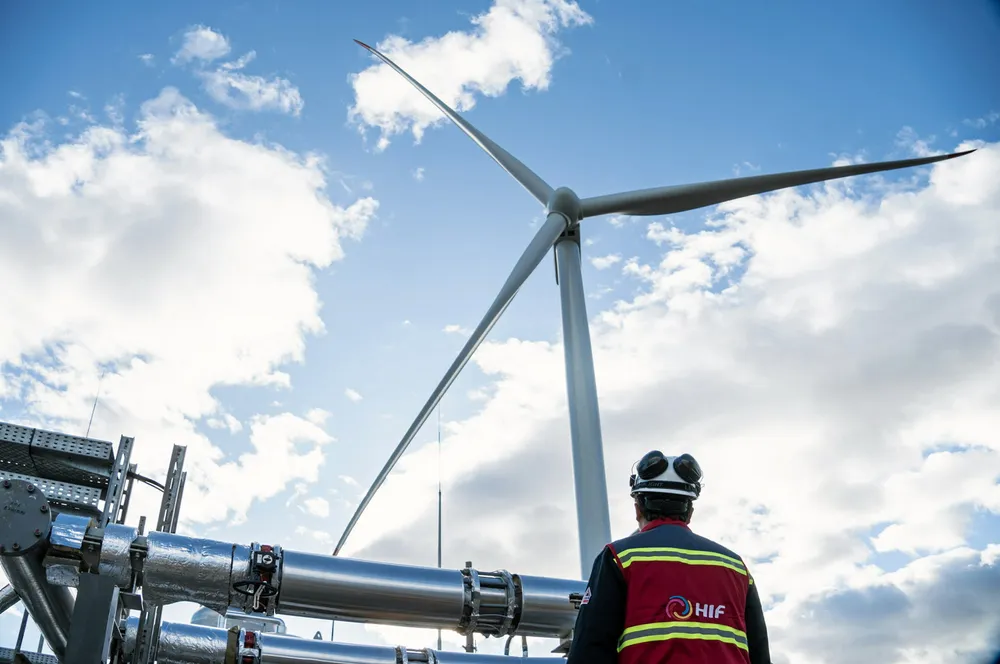'Expensive and polluting' | Why hydrogen-based e-fuels should not be considered a climate solution for road transport
Making synthetic fuels for cars, vans, buses and trucks 'would be an unacceptable waste of renewable electricity', says coalition of green groups
